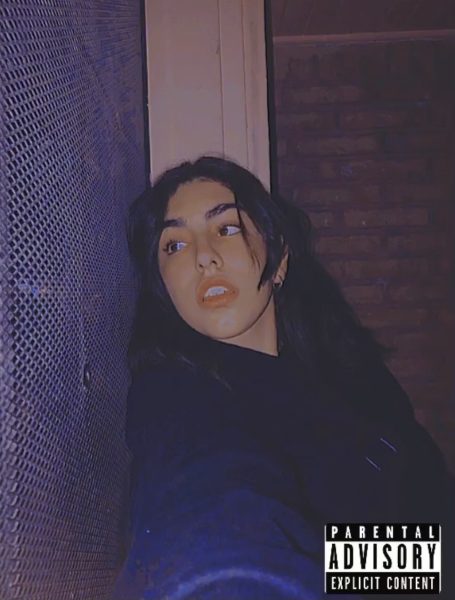
Sarah Saffar
Growing up, junior Sarah Saffar’s taste in music was molded by her father.
R&B and old soul filled her childhood: Bob Marley, Bob Dylan, the Eagles. Her family went to Arabic classical music concerts at least a few times a year. Arabic music played wherever they went.
“These styles, they’ve got meaning. They have character,” her father would tell her. “Don’t listen to anything that doesn’t have either morals or something that you can learn from. If you’re going to listen to music, listen to something good.”
Saffar now writes lyrics in both Arabic and English, using the first thing that comes to her head as inspiration for her music. When she’s faced with writer’s block, she uses life experiences as a guide.
“That first lyric, that’s the hardest part,” Saffar said. “Sometimes I think of something that’s funny, something that’s stupid, something that no one would really use in a song, and then see how I can turn it into something that makes sense.”
But Saffar doesn’t just want her music to be listened to because “it sounds cool.”
“There is a lack of representation when it comes to Middle Eastern values, Middle Eastern culture,” Saffar said. “Western people only ever seem to represent their own viewpoints of other countries into music, and it’s usually not accurate. I think it’s important that we incorporate whatever representation we have into daily things like music.”
While songwriting is only a hobby for her at the moment, the message her songs carry is what’s important to her.
“I don’t care about becoming a young artist,” Saffar said. “[Younger people] listen to music, they’re not going to listen to a lecture. I’d rather just work from behind the scenes and offer something without drawing too much attention to myself. What’s important is music and the message, not the person behind it.”
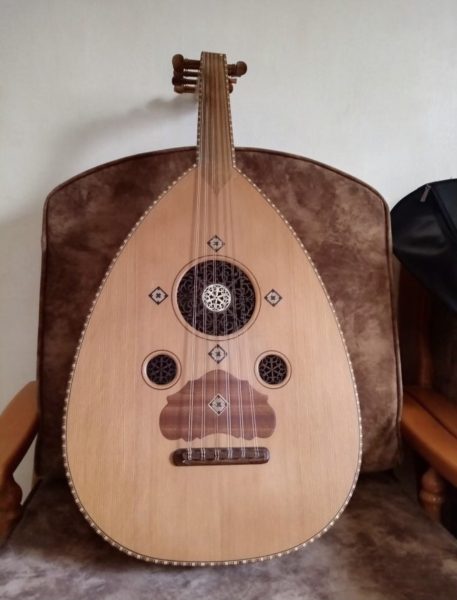
One of the biggest struggles Saffar faces is the stigma of being a female Muslim song artist. Other people in the Muslim community sometimes advise her to stop making music:
“You’re taking away attention from God and you’re putting it onto yourself. Why are you making music? That’s not modest of you.”
And while she does consider stopping, Saffar puts her own values and principles first.
“At the end of the day, I have my own relationship with God,” she said. “As long as I’m promoting good things in my music that my people can relate to, then I personally don’t see a problem with it. I know that what I’m doing is benefiting me and benefiting others.”
Earlier this year, Saffar performed her music at the 2023 Bellaire’s Got Talent show. With over 800 people in the audience, it was her biggest performance yet. Before, it was always “small gigs,” “small events,” playing “a little something” at “little coffee shops.” She mostly performed in front of her family. Saffar has also stopped releasing her music online in the last few years.
“I wasn’t proud of what I was putting out as I was getting older and my songwriting was changing,” Saffar said. “I wanted to take time to improve and perfect my craft [and] make sure I’m not putting out anything immature or insensitive.”
For Saffar, what matters most is that people are willing to give her music —and different perspectives— a chance.
“Be open minded,” Saffar said. “Life is short. Don’t let anything pass you by, and give things a chance. You never know, you might hate it, you might like it, but nothing can go wrong if you try it at least once.”
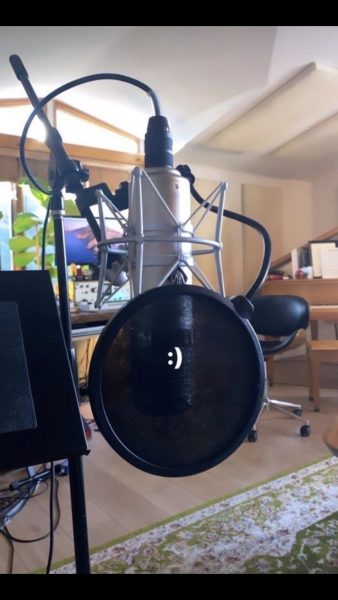
Sam Flannery
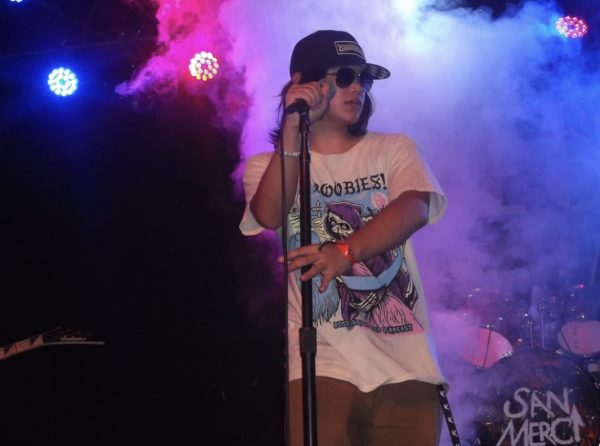
It sounds good. Really, really good.
Senior Sam Flannery was eating lunch with his family at Red Rock Amphitheater in Colorado when he heard “Are You Gonna Be My Girl” by Jet. This was the spark that led his “downward spiral” into the world of rock.
Flannery had no idea that he would later be in a rock band. He never expected that, two years later, he’d be the frontman at his very first show.
It was the summer of 2023. After a year and a half of applying for gigs, band San Merci got the buzzer: BFE Rock Club wanted the band to play. Flannery and his bandmates, who he had met at a Halloween party, were sprawled out in Sebastian the drummer’s spare room.
“We had nothing ready,” Flannery said. “So we were like, ‘Oh crap, we gotta rush this.’ So we pumped out like a bunch of songs in like two weeks.”
Working fast, the band managed to crank out about six original songs in time for the gig.
“Right after [the first show] happened, we were just kind of on a roll,” Flannery said. “We just realized we’re gonna keep playing shows. We gotta have songs done, so we just kept writing stuff. We’ve got a bunch of songs in the works now.”
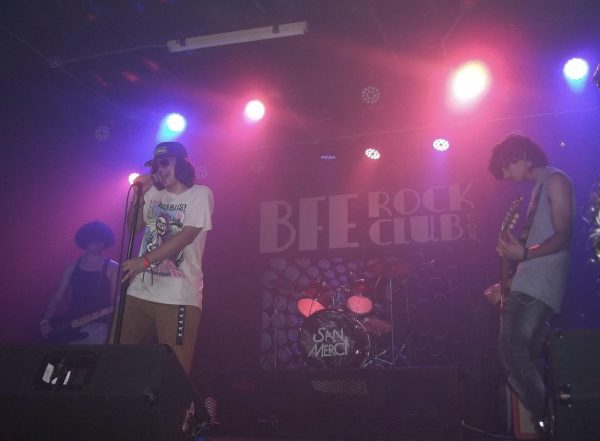
The process of writing songs has improved with the band, with the song lyrics being born by the drummer, traveling through the different band members and eventually leading to the trial and error of different riffs, flows and vocals blended together. They act as a chain, each piece linking together to produce a musical creation.
“[We] will come up with a riff or lyrics [and then] tear the whole thing apart and build it from the ground up again, all together with ideas,” Flannery said.
Flannery and his band’s ideas are influenced by rock bands from the past, such as Guns N’ Roses, Motley Crew and Van Halen. Much of their inspiration comes from music before the 2000s. In fact, according to Flannery, the music industry used to thrive with meaningful music and a variety of different genres, but that no longer has any truth to it.
“I think the whole band as a whole agrees that the music industry is just dead at this point,” Flannery said. “It’s the same songs being pumped out by people and it’s not even the artist writing the songs anymore. It’s people behind the scenes, writing songs with them. It’s just dumb.”
Being inspired by a long line of rock bands before them, San Merci is determined to be one more band on that list.
“The band is very inspired by Guns N’ Roses,” Flannery said. “But Guns N’ Roses was completely inspired by Aerosmith and [the] Rolling Stones. We’re not really inspired by either of those bands, we’re just inspired by Guns [N’ Roses]. So I think it’s like a chain of inspirations that keep going on. I want to add to that.”
Out of all the songs the band has made, Flannery’s favorite song is Crossfire Love, a song that was made, from start to finish, in a single day. Viewer and listener discretion are advised due to mature content.
“I like Crossfire [Love],” Flannery said. ”It’s catchy. It’s to the point. It’s not overly complicated. There’s not too many parts in it. It just feels more like a punk song than our other ones.”
As his musical journey continues, both personally and professionally, Flannery has come to one conclusion: Music will always be in his life.
“I’m doing everything to make music my future—that’s my entire goal in life: to play music,” Flannery said. “I don’t care if I have to teach [music]. The dream would be to get famous, but if I’m just a small-time [artist] and gigging around the city that I live in, I’m completely fine with that.”
Expanding its musical journey, San Merci will perform its second show on Oct. 5 at Acadia Bar & Grill, where the band members will perform their next three unreleased songs.
Kai and Koen Plank
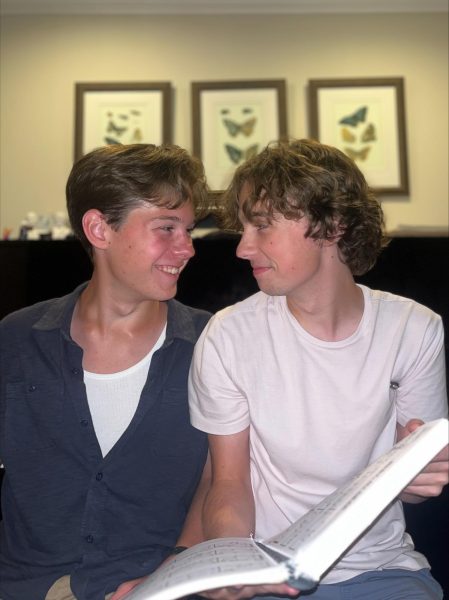
They are two brothers whose bond goes deeper than family. They are connected by their love for jazz.
Senior Koen Plank and junior Kai Plank are brothers and bandmates who have been creating jazz music since eighth grade.
Together, the two have written 20-30 original songs and covers. Koen has played piano for 11 years, and Kai has played percussion instruments for nine years.
The two-person band later went on to perform its music for crowds as small as friends and family to musical showcases, farmers markets and the over-800 people at Bellaire’s Got Talent.
But for the Plank brothers, their first time making music for a middle school assignment still evokes anxious memories.
“We had an assignment where we had to write a cover of a song, and I was really nervous of messing up, so I watched a bunch of YouTube videos on how to do it,” Koen said.
The brothers’ class performance was cut short by the bell, but it would not be their last time making music. Middle school jazz band was only the start of the Plank brothers’ journey embracing and experimenting with jazz.
“I’ve always played music and wanted to write my own,” Koen said. “Being more skilled at music, that was one of the first things I tried out. It’s just a different experience when you can tweak every little aspect to what you want.”
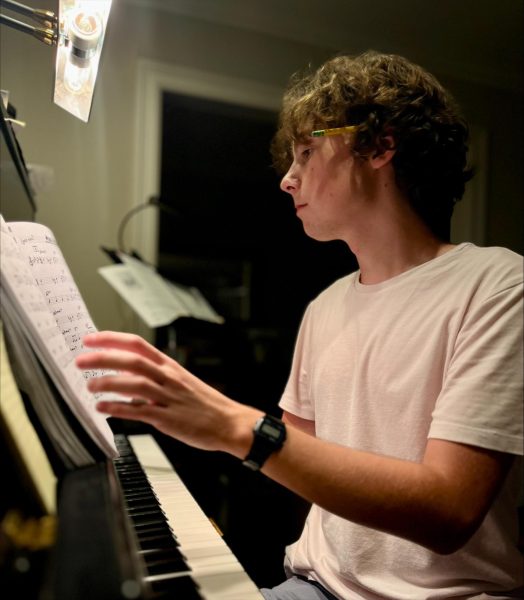
In their songwriting process, the two brothers often incorporate distinctive elements from various artists they look up to.
“I’m a drummer, so I listen to jazz drummers like Art Blakey, Max Roach, Stan Levy and Gene Krupa, and I’ll try to incorporate stylistic choices that they make into my own drumming,” Kai said.
And from there, as their repertoire grows, they exercise their own creativity.
“[Jazz] is like this playground with all these different complex rhythmic patterns and harmonies you can play with,” Koen said. “It’s endless what you can do. [I’ll take] something from an easier jazz piece I already know or I’ll take somebody’s chords or something from that, and that’ll make it a lot easier to come up with new ideas.”
Throughout this journey of creating music together, both brothers have agreed that their bond has only strengthened with their shared passion of jazz.
“It’s kind of cheesy,” Koen said. “Now we’re really good friends and it’s just fun to play together.”
“We already have a lot of mutual interests, but this is something that we’re not just interested in together but we can actually do together,” Kai said.
In their collaboration, Kai and Koen harmonize their schedules and learn from each other.
“We can practice basically every night together,” Koen said. “We just know each other so well that our ideas flow really easily, and we can really build off of each other really well.”
But the process isn’t always straightforward. The pair often have to overcome mutual musical obstacles.
“I think sounding original [is the biggest challenge],” Koen said. “It’s not that hard to sound okay, but it’s pretty hard to sound new and exciting and [like] something people want to listen to.”
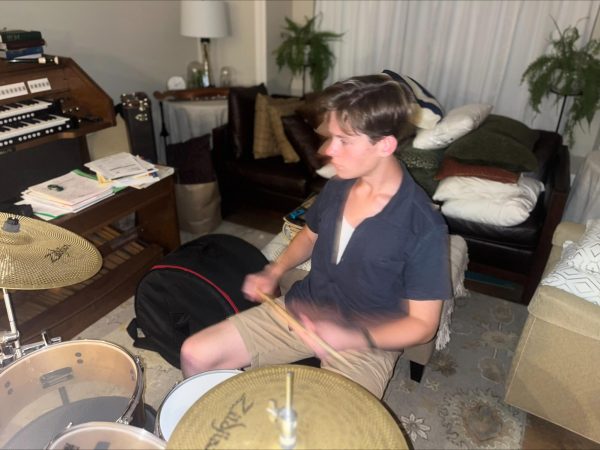
Despite this, the Plank brothers still focus on making their music uniquely diverse for their audience.
“I think it’s more like making something the audience will enjoy as well and find exciting, showing off something that maybe they haven’t listened to all the time or a new type of music that they haven’t heard before,” Koen said.
“Especially because jazz is a genre where so many people who listened to it are kind of elitist, I think it’s harder for people to get into it,” Kai said. “We want to make it more easily reachable.”
On May 25, the Plank brothers performed their music to their largest crowd yet under the flashing beams of the Bellaire’s Got Talent stage.
The brothers, along with siblings junior Jasmine Andres and alumnus Anne Janelle Andres, performed “Glue Song” by Beabadobee as the band Two By Two.
“[‘Glue Song’] is a song that people recognize more than a lot of older jazz music, but it’ll still get people interested in the genre,” Kai said.
“Glue Song” proved to be a challenge. They juggled with switching jazz rhythms, altering harmonies and a slower tempo that they had not tried before—all while still staying true to the melody of a 21st century pop song.
“It was super fun to take out time and be in the flow of the song,” Koen said. “We got such a great reception and everyone said they liked it. I could feel the energy on stage. It was a great experience.”
And even though “Glue Song” did not win first place in the talent show, the message still sticks.
“It was really rewarding to play because we loved it and the audience loved it,” Koen said. Watching the videos back, even me and Kai were shocked at how good [“Glue Song”] sounded.”
“A lot of people are really intimidated by [jazz],” Koen said. “It’s an older type of music. I was glad that we could play something the audience enjoyed but in a new way.”


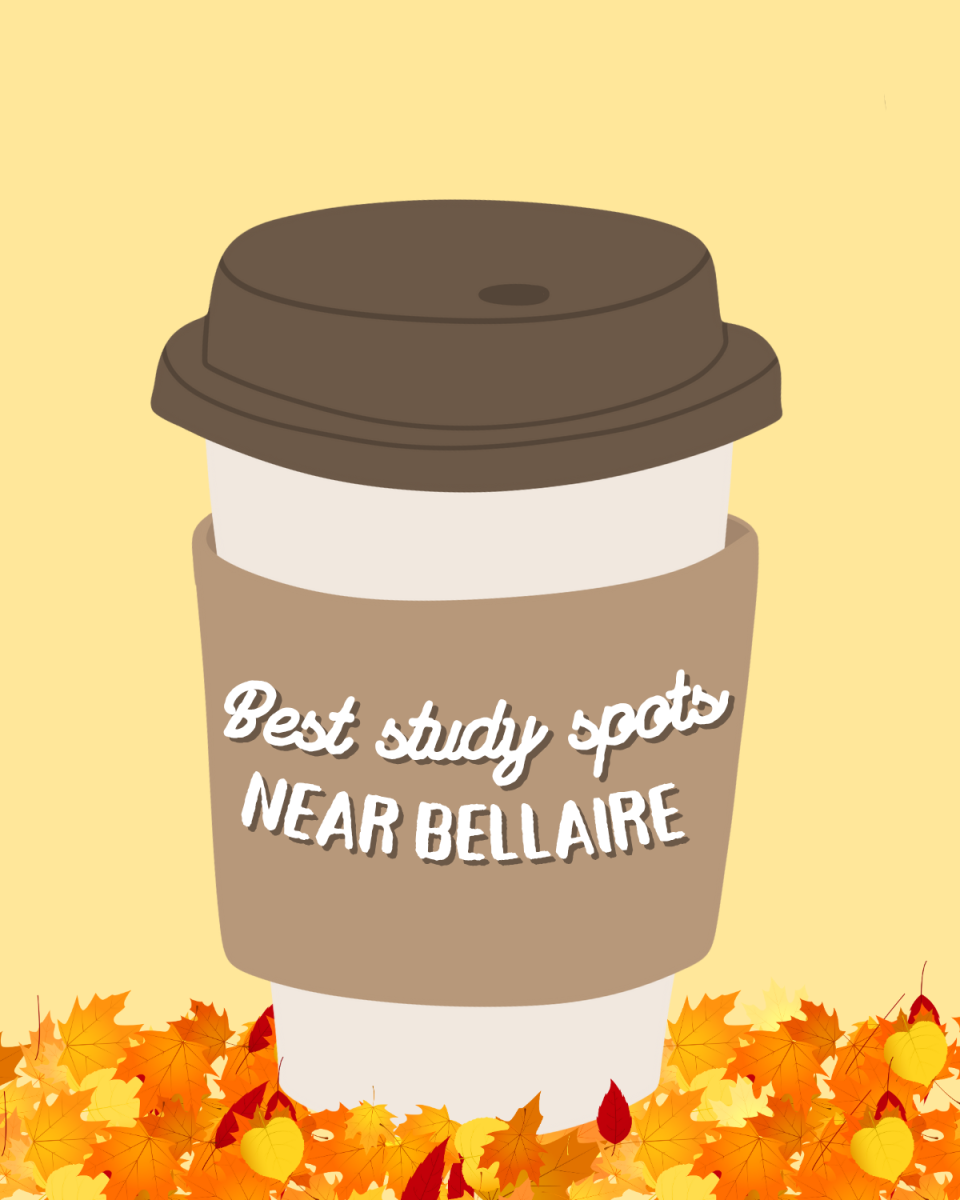
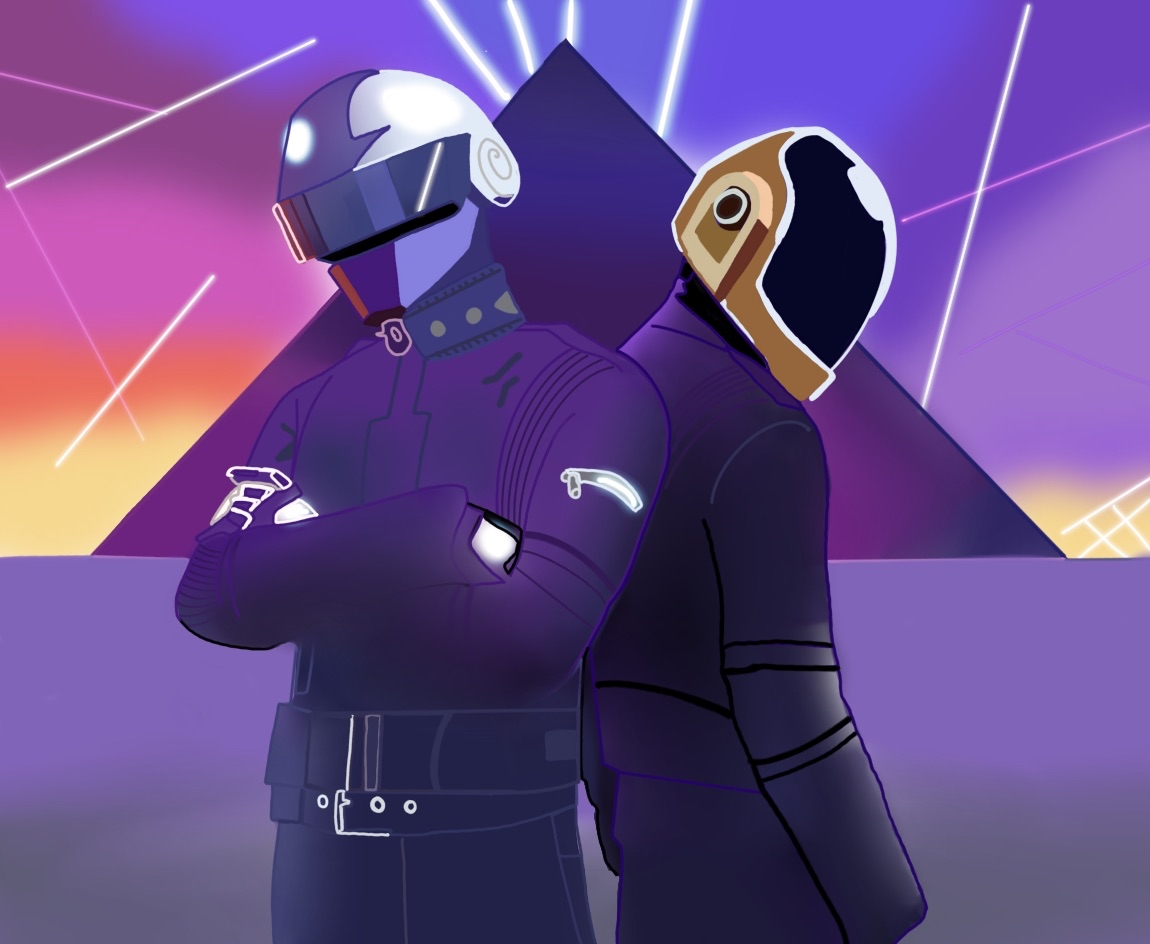
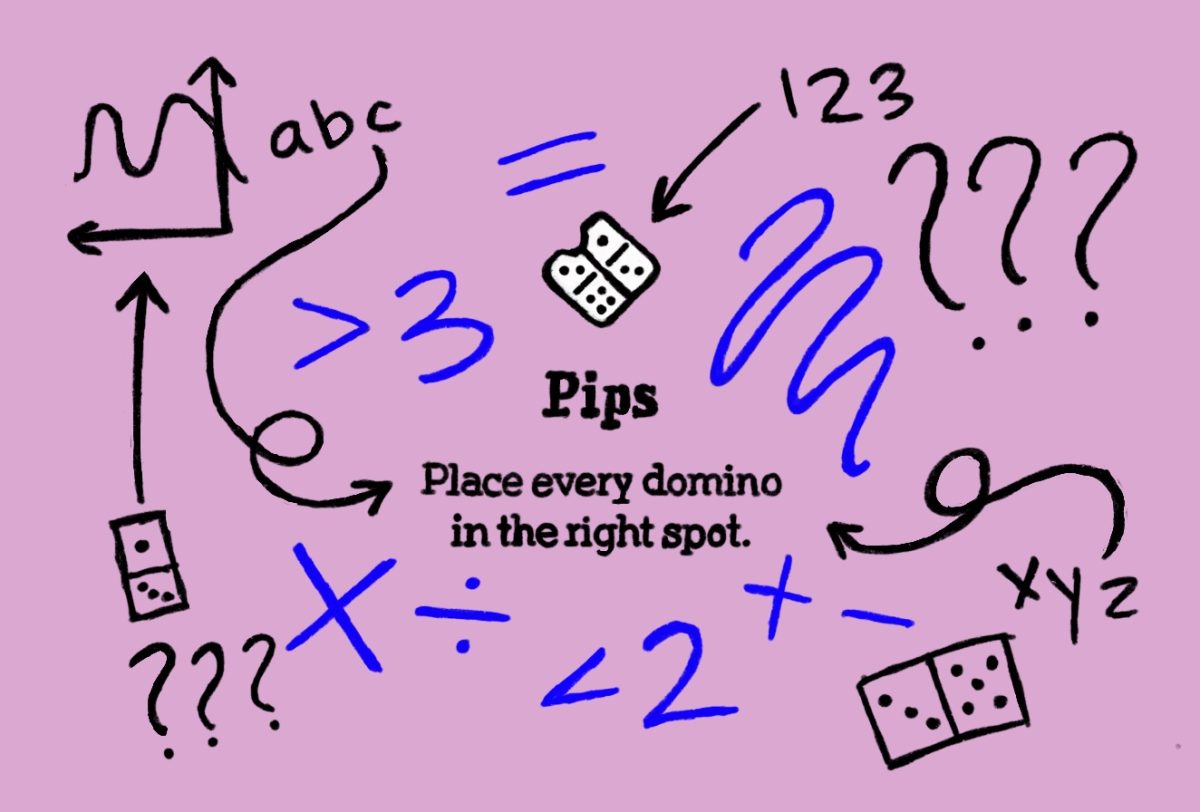
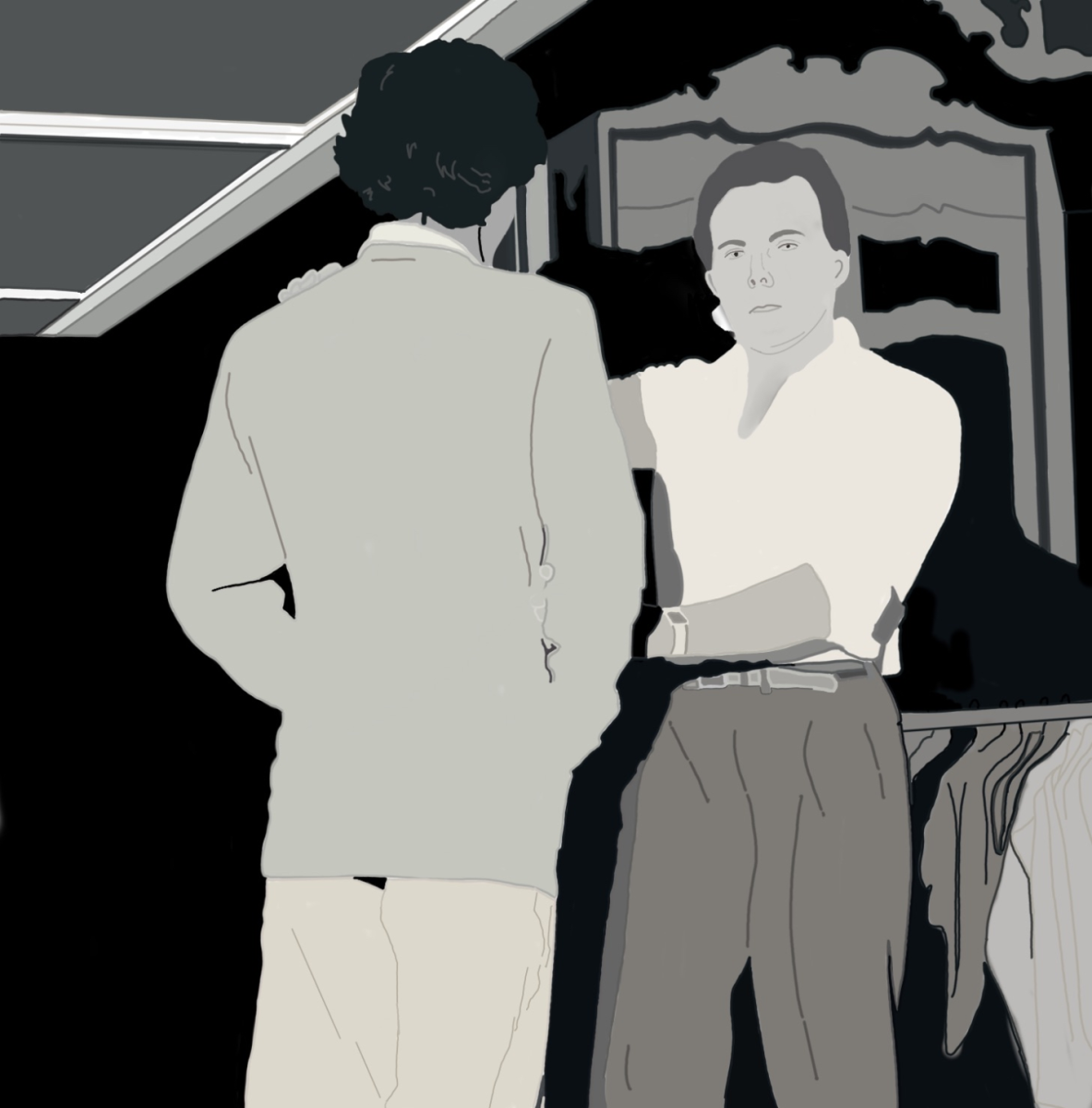
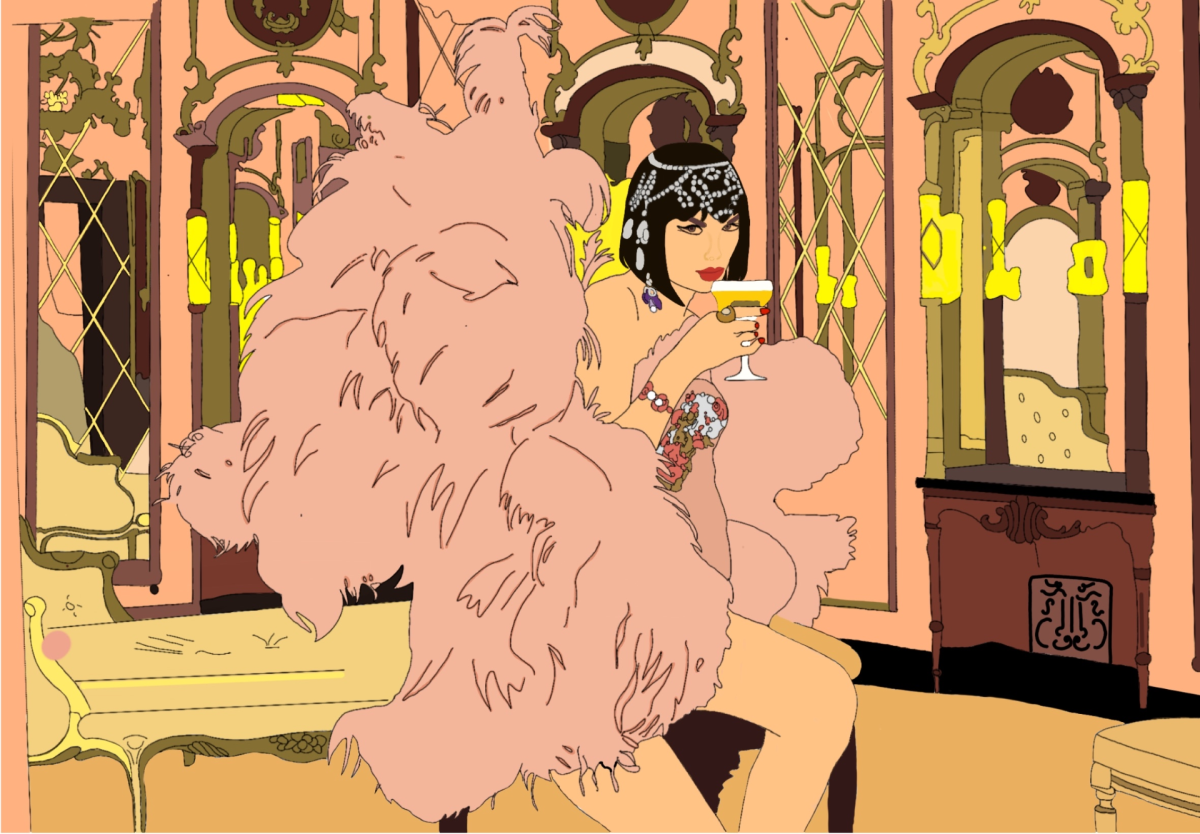
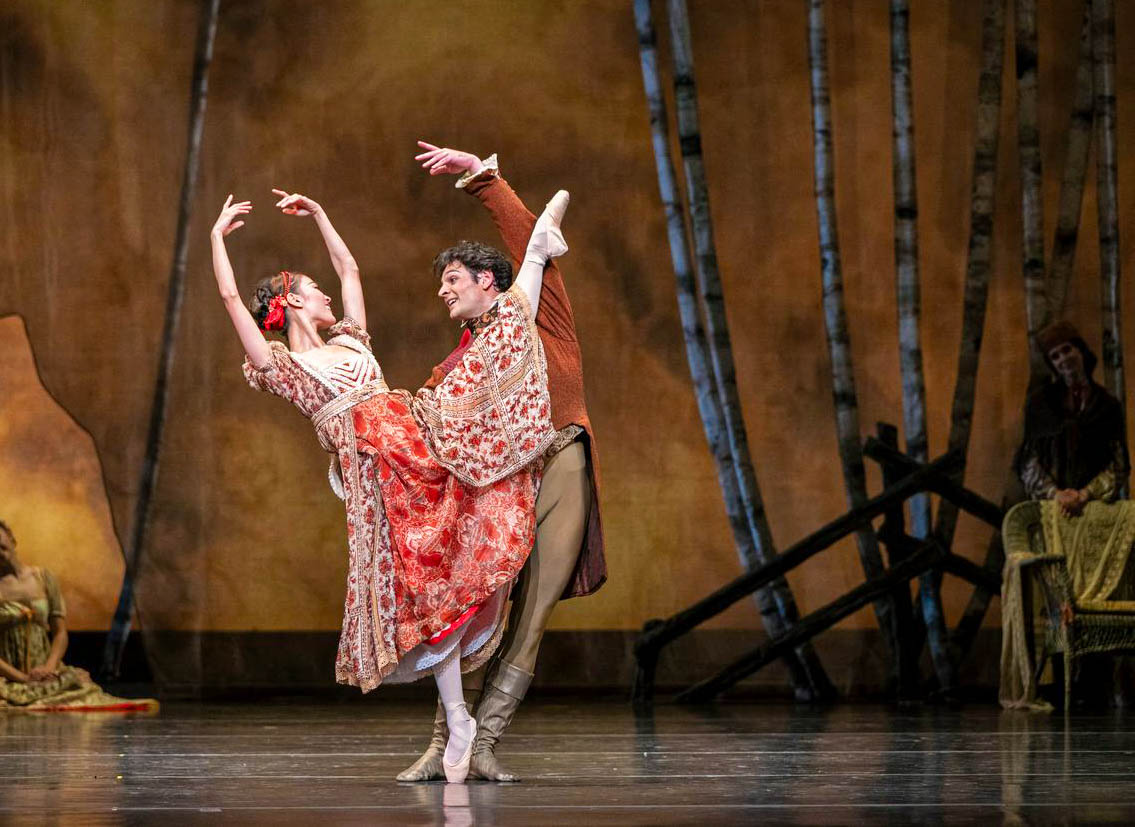
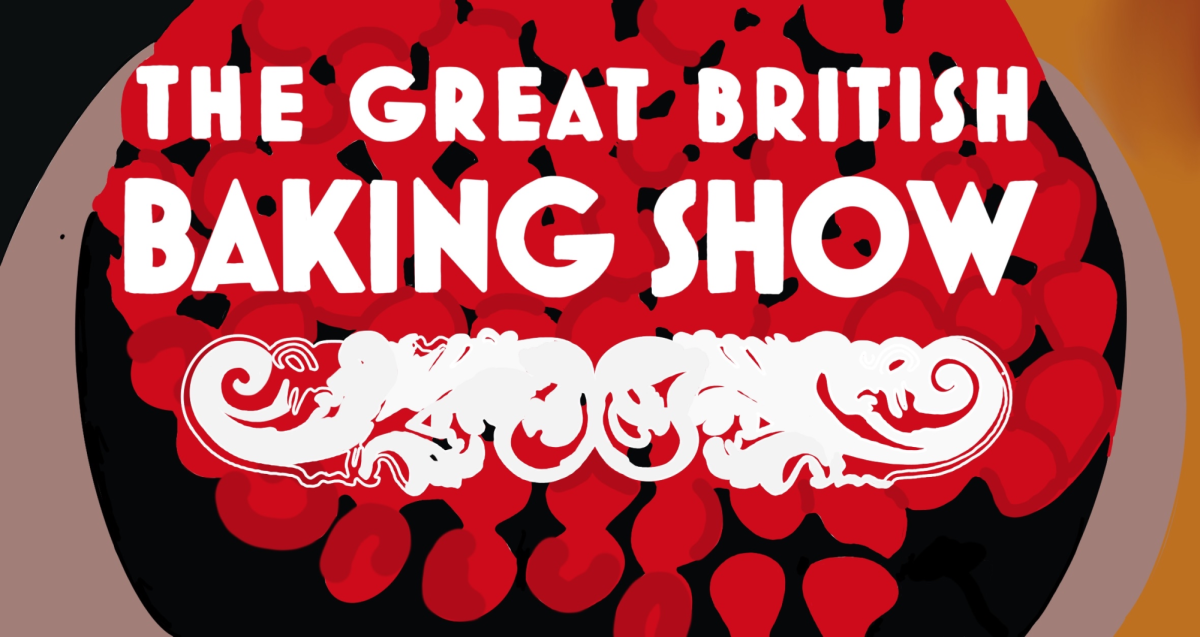
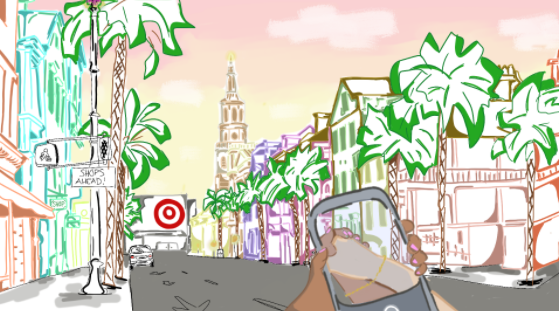
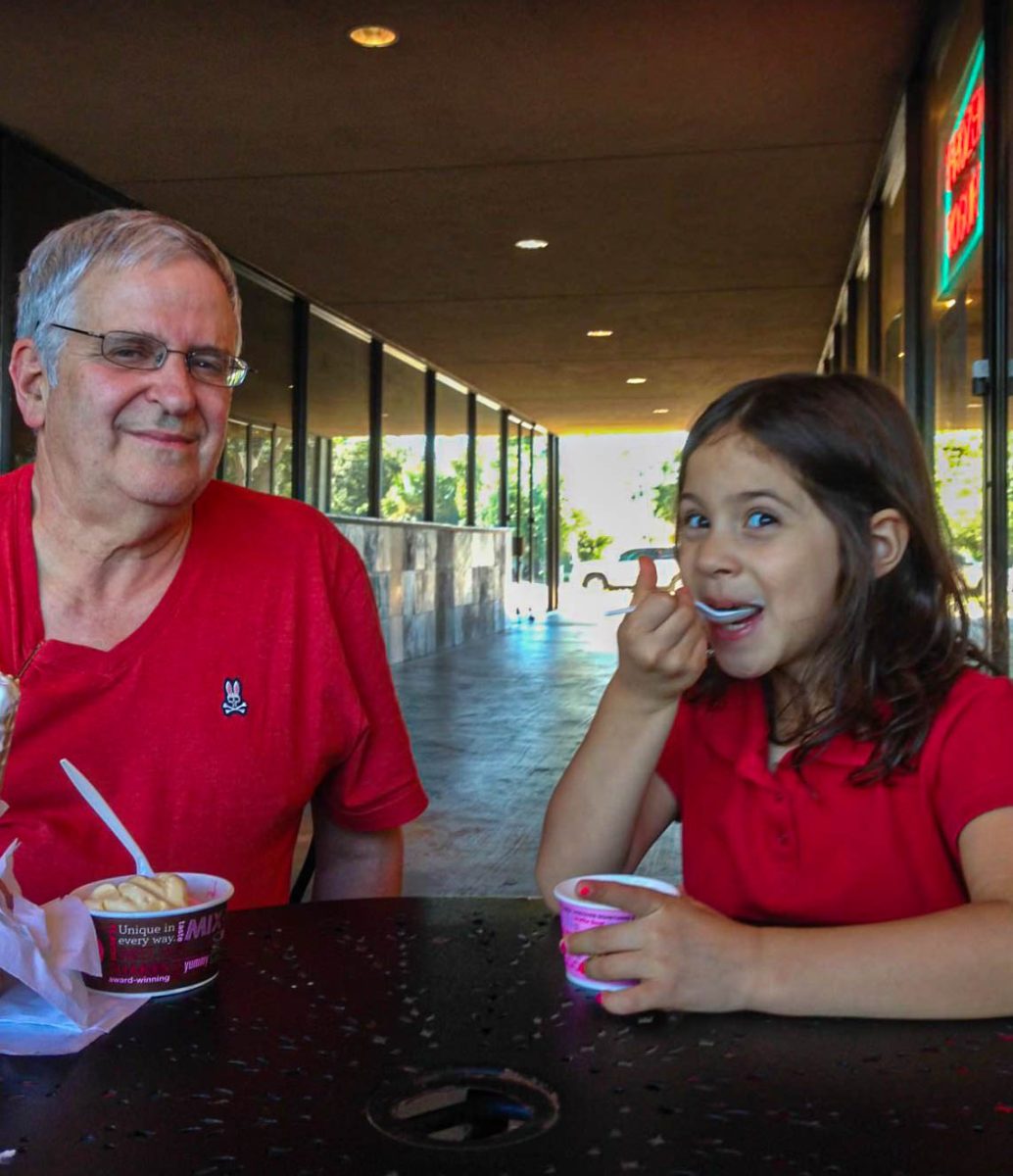
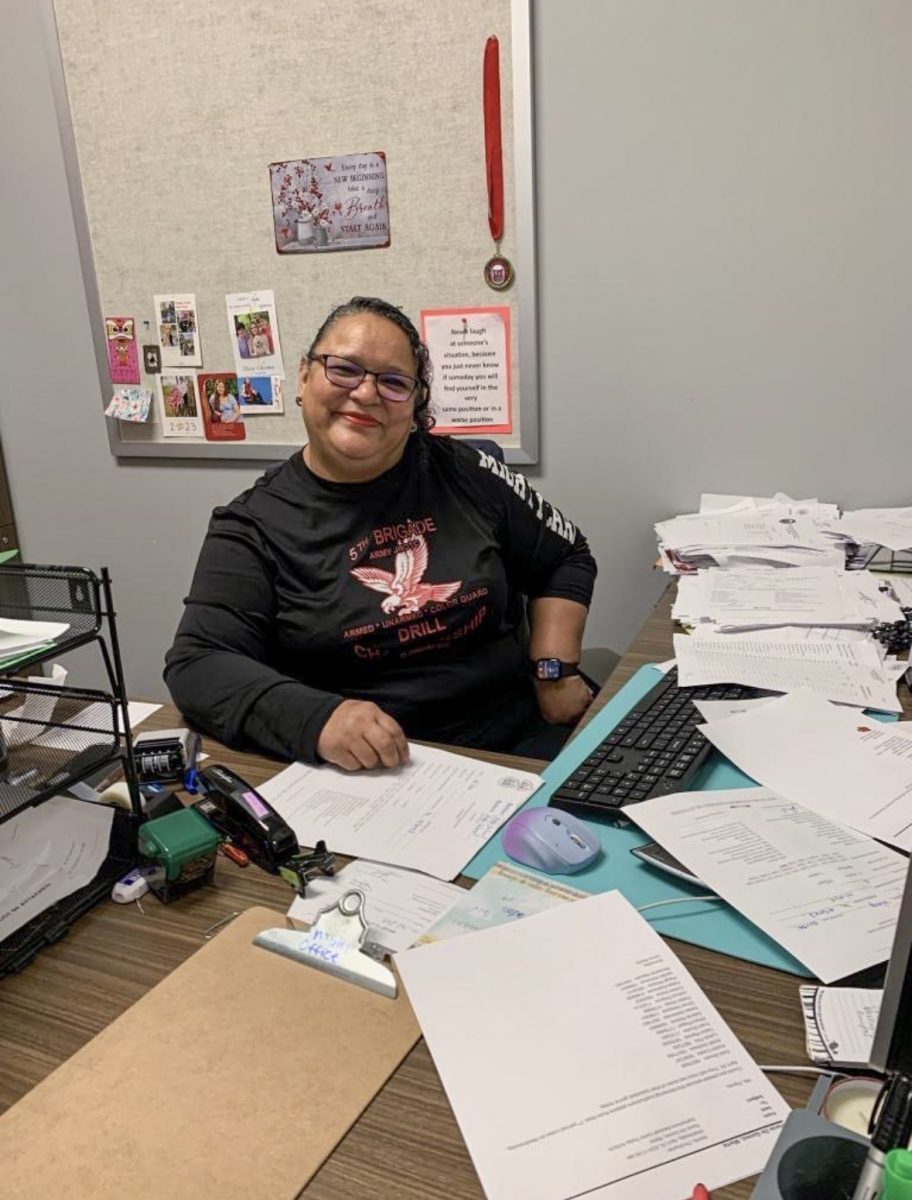

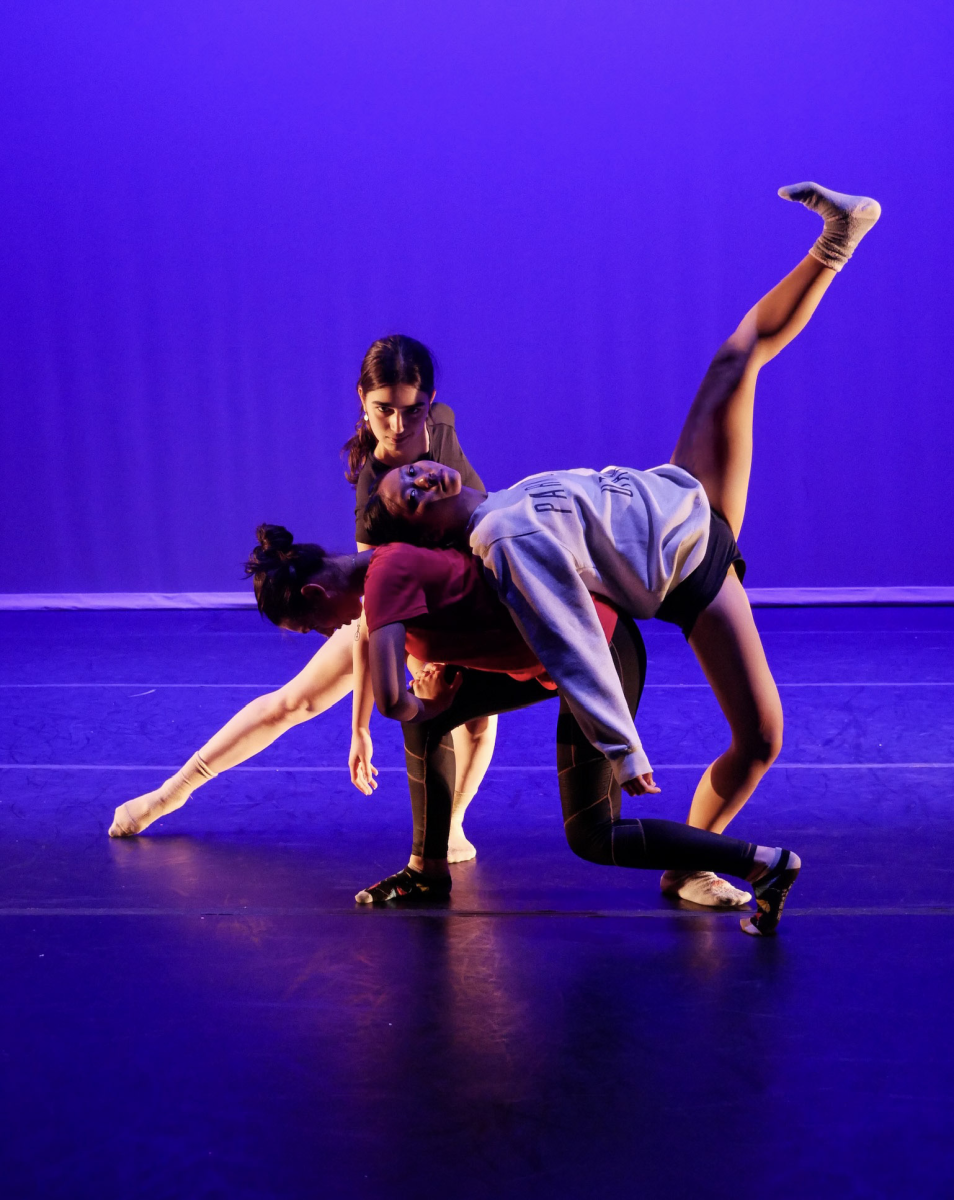
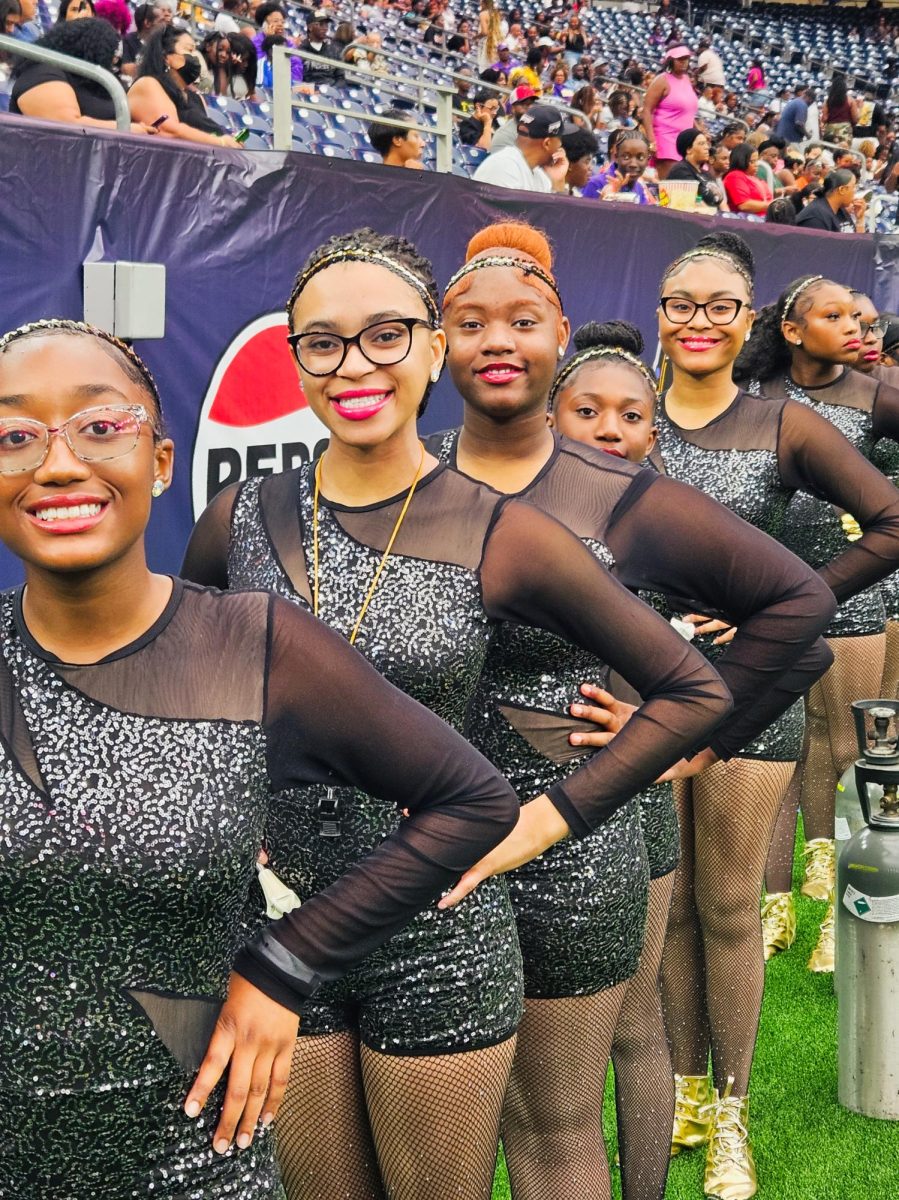
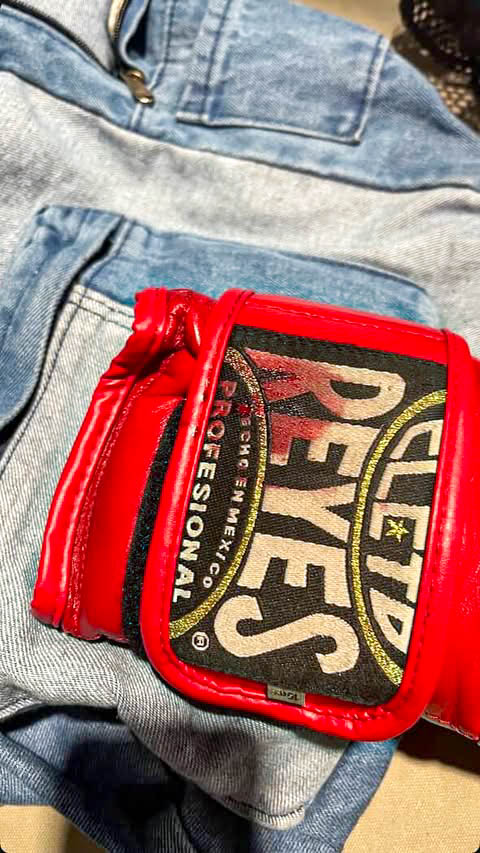
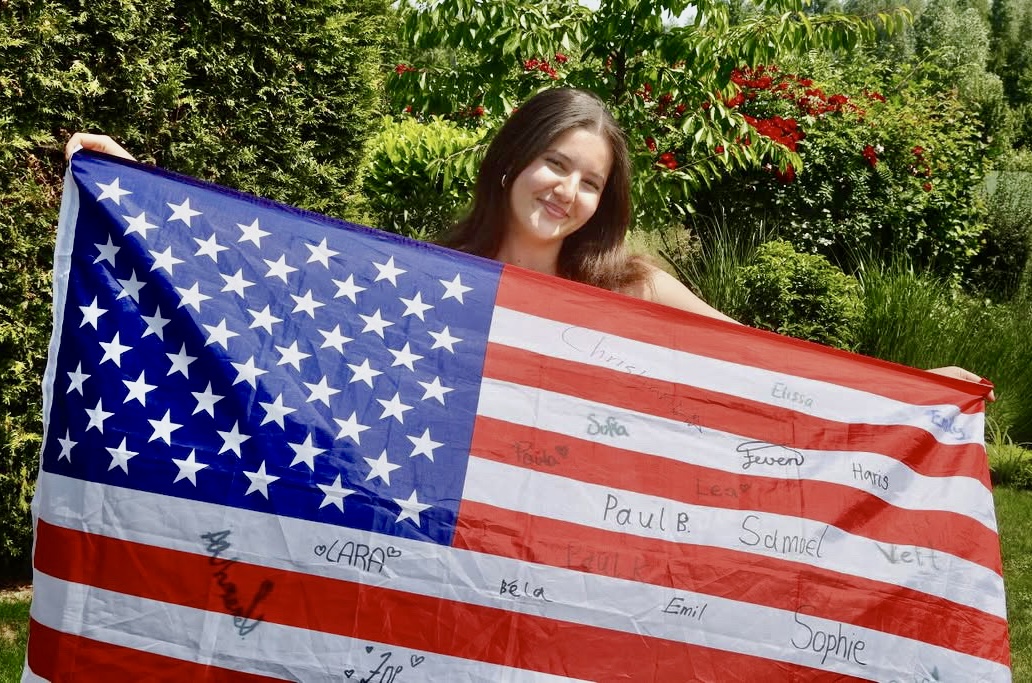
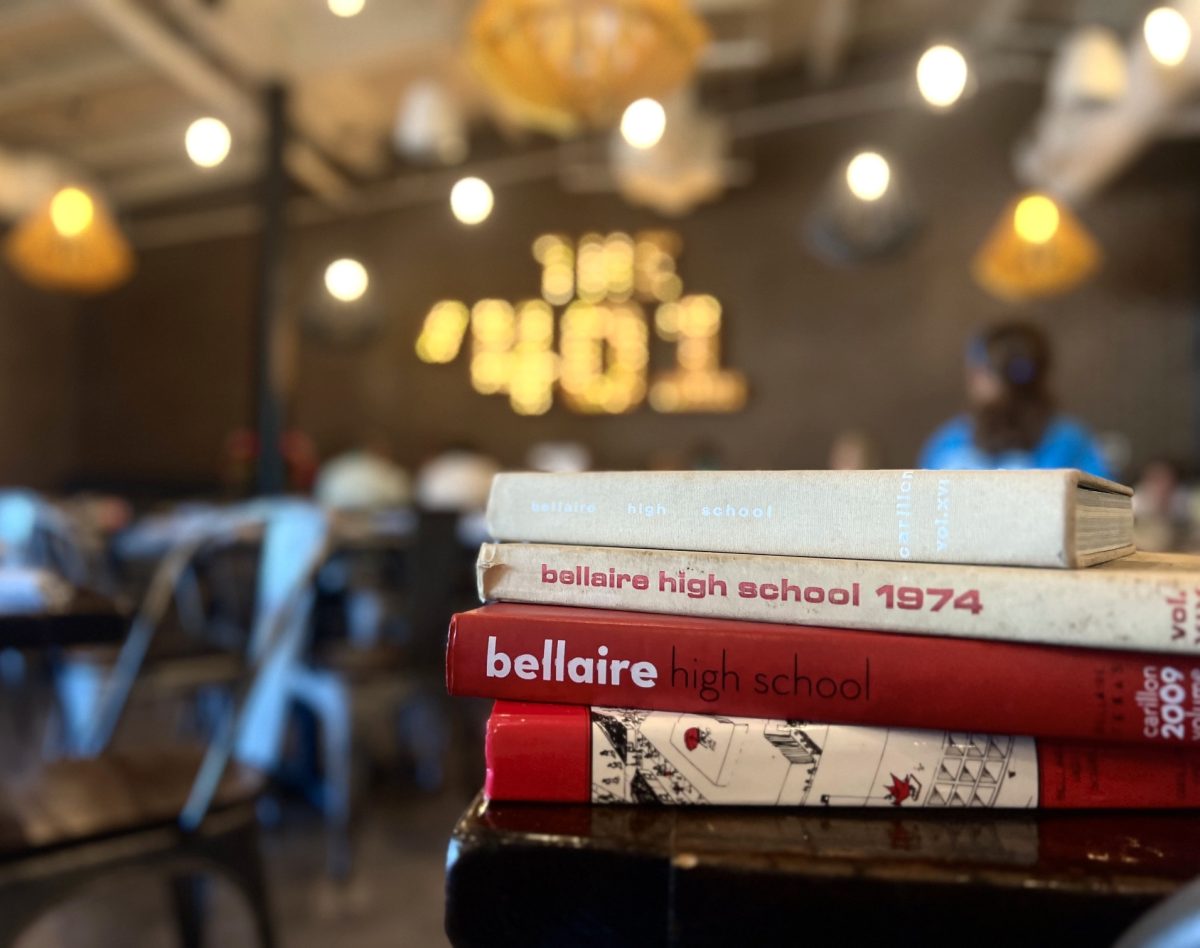
Sam • May 30, 2025 at 8:30 pm
I love the planks
Kayla • Dec 12, 2023 at 11:14 pm
Hey, is there any way to contact Sarah? I’m interested in using one of her songs for an important project!
Maddux • Nov 1, 2023 at 10:55 am
This was such an engaging read!